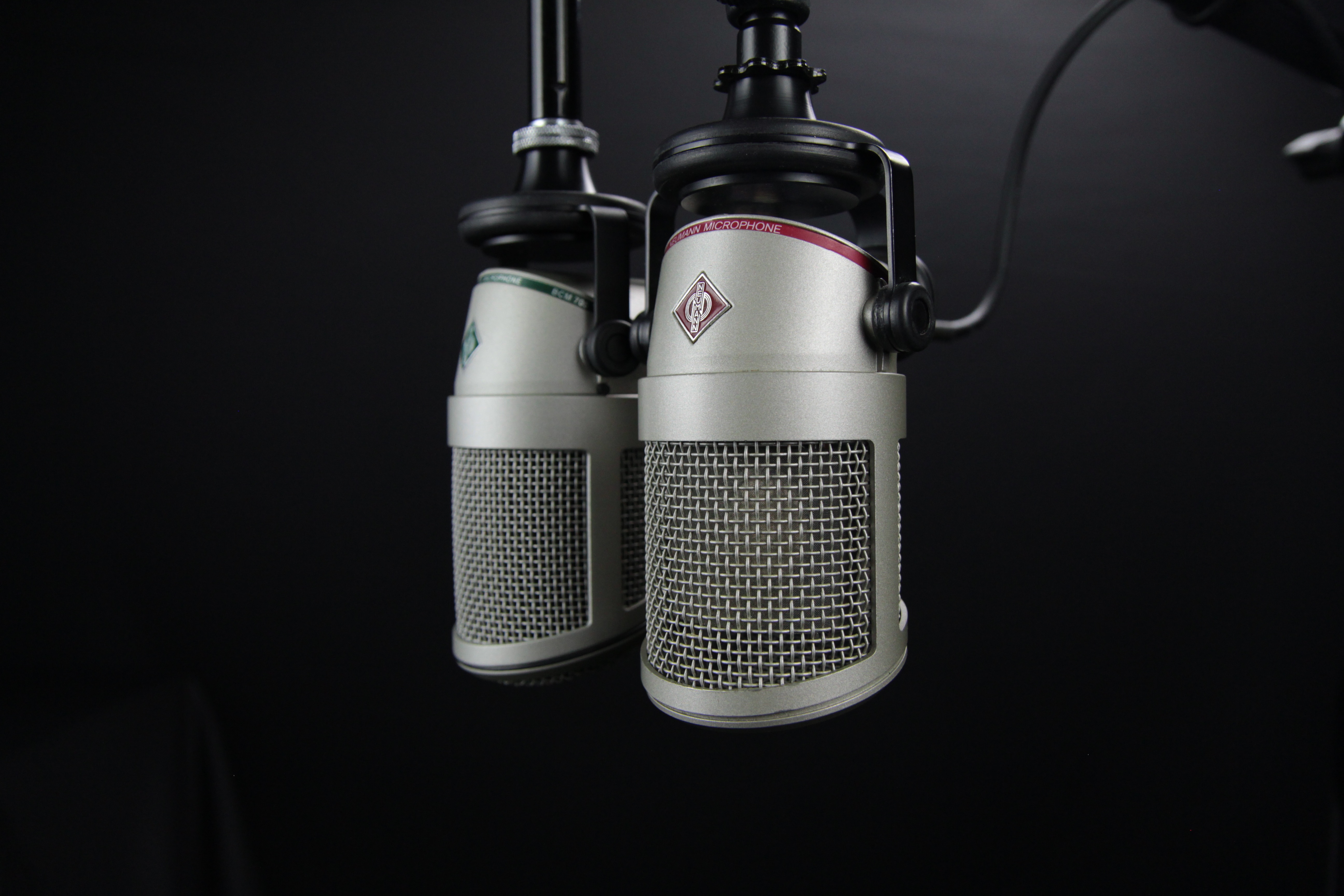BBC faces criticism following disclosure of gender wage gap

An unprecedented list published by the BBC this week has revealed that only a third of its top earners are women, with all seven of the highest salaries going to men.
The figures also reveal that the salary for the corporation’s highest paid female star, Claudia Winkleman, was just a fifth of the highest paid man, Chris Evans (who will be collecting at least £2.2m this year). In total, only 2 women were paid more than £400,000, with 12 men being paid more than that amount.
The BBC (the UK’s largest public service broadcaster) was forced to publish the list by the government as part of its new 11-year royal charter. It does not include payments to staff from production companies or from BBC Worldwide (the corporation’s commercial arm), meaning that the actual take-home earnings for some names will be higher.
The disclosure has led to a backlash from a number of female stars, with agents reportedly preparing demands for their clients to be offered a pay rise. Lawyers have also warned that the BBC faces sexual discrimination lawsuits unless it can demonstrate that the difference in pay is not directly on the grounds of sex.
The corporation’s director-general, Tony Hall, acknowledged the problem on the BBC’s flagship current affairs radio show Today. However he also highlighted that “the average gender pay gap for the UK was just over 18%. Our figure is 10%,” before reiterating a commitment to end the pay gap for on-air talent by 2020.
Speaking about the figures, Harriet Harman, the UK’s longest-serving female MP, told BBC News: “It is very important that the lid has been lifted on this pay discrimination in the BBC. Although everybody will think it is very unfair and outrageous, this is a moment when it can be sorted out.”
“The BBC needs to set an example. This is public money and people don’t want their money to be spent unfairly. Public money shouldn’t be spent in a way which is discriminatory. When you look at the structure and the pay, it is clearly discrimination. Now that it is out in the open, it will have to change.”
In his article Gender differences in wages and leadership, Mario Macis highlights the fact that even in cases where "women and men now participate equally in the labor force [...] the magnitude and persistence of wage and leadership gender gaps continues to pose some challenges to scholars and policymakers." Consequently, he argues that policymakers must go further and also promote policies to counteract discrimination and cultural and social norms.
Read more evidence-based articles on the gender divide.
Have a specific question on the gender wage gap? Get in touch with one of our designated topic spokespeople.